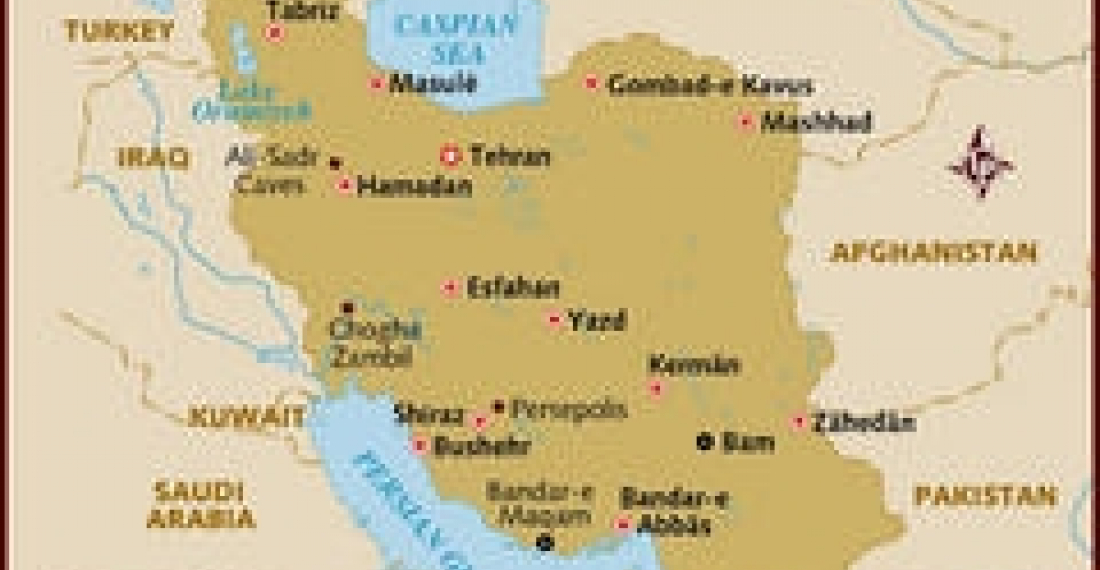December 25. ArmInfo.
Senior expert for strategic issues of the Iranian Foreign Ministry believes that after the collapse of the USSR, Israel was trying to create an atmosphere of distrust and tension between Iran and the Caucasus states, and also affects the relations between Iran and Azerbaijan in the economy and energy sector.
Senior expert on strategic Iranian Foreign Ministry, former Ambassador to Armenia, Mohammad Farhad Culaini told in his interview with Irdiplomacy.ir, that the increase in military-technical cooperation between Israel and Azerbaijan, causes danger in both Iran and Armenia.
"Obviously, the main objective which the Israelis pursue in this situation is to affect Azerbaijan's relations with Iran. On the other hand, Israel tries to create a springboard around Iran and increase its influence in the region," said Culaini.
According to the expert, the beginning of this collaboration was initiated after the Russian-Georgian armed conflict in South Ossetia in 2008. Earlier, Israel worked closely in the military field with Tbilisi, but armed conflict in South Ossetia refocused strategic policy of Israel in Baku.
Culaini noted that Israel takes into account the sensitivity of Russia on this issue, and conducted the necessary negotiations with Moscow. He also noted that the Azerbaijani-Israeli cooperation is not a threat to Iran, but it can create problems and aggravate the conflict in the region.
Commentary
ArmInfo: Iranian FM: Military cooperation of Israel and Azerbaijan threatening to region







